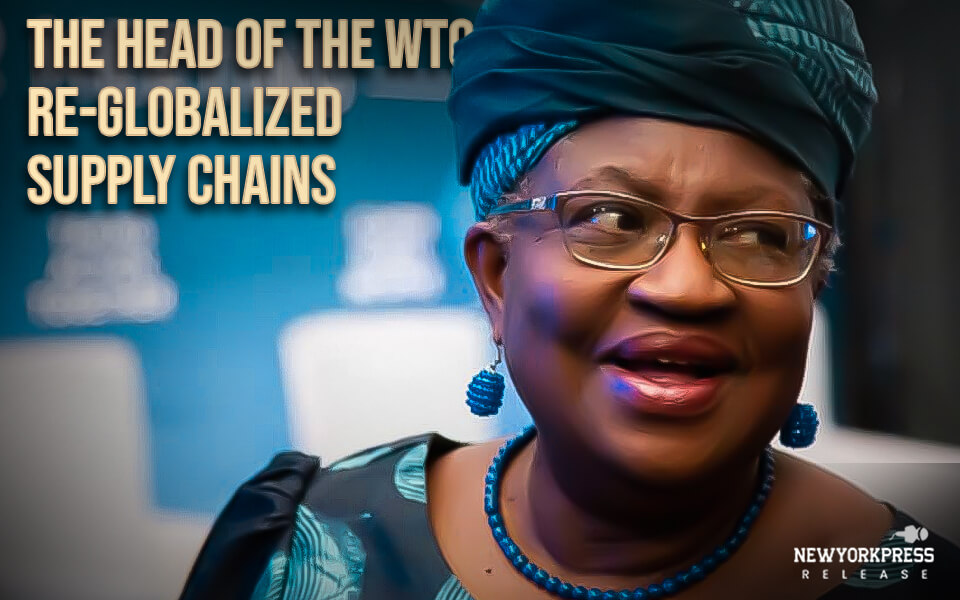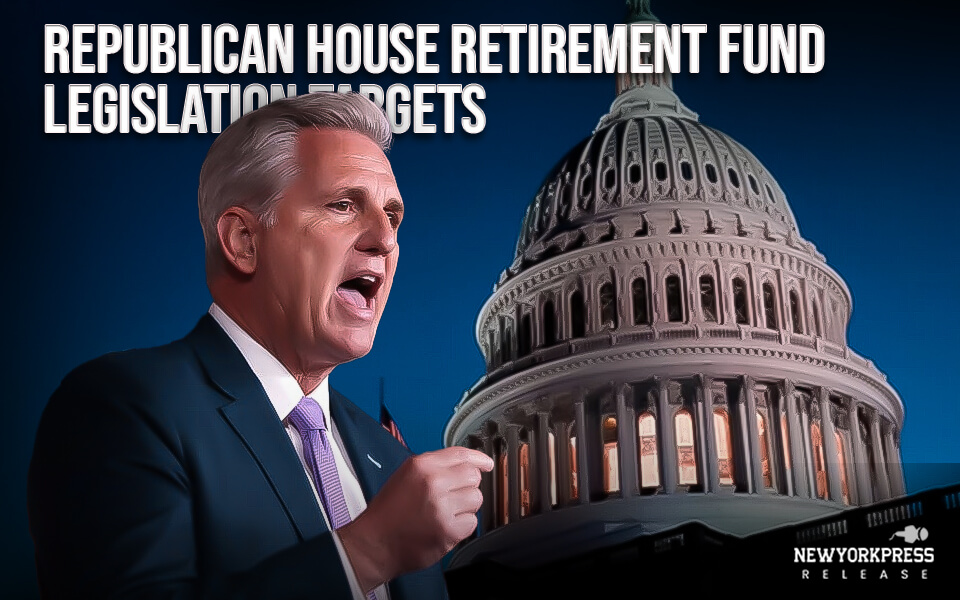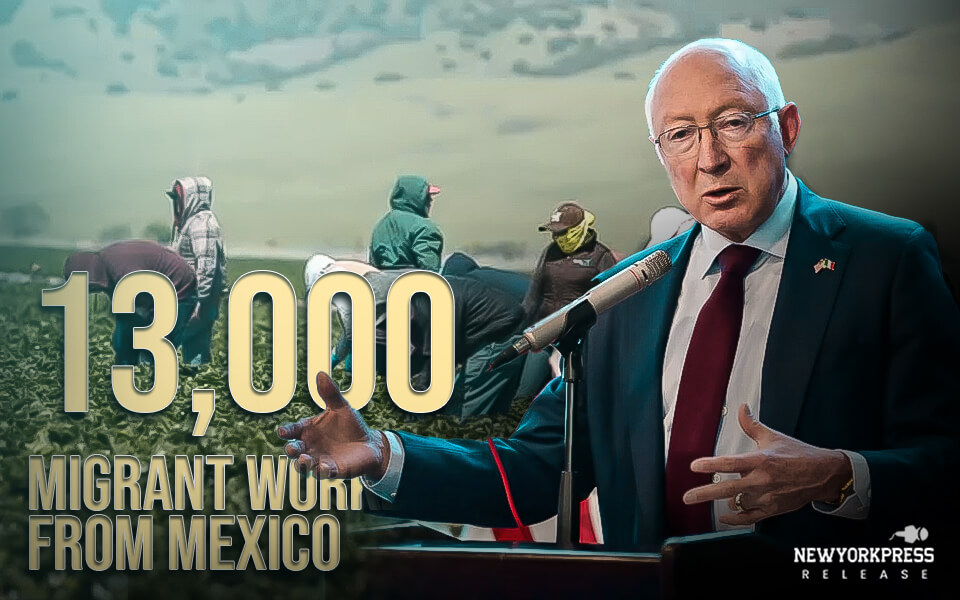The Director-General of the World Trade Organization, Ngozi Okonjo-Iweala, has recommended diversity in global supply chains as part of continuing attempts to restructure the organization.
“There is an overconcentration of manufacturing in certain sectors in certain countries,” she said to CNBC’s Martin Soong on the sidelines of the recent weekend summit of the G-7 (Group of Seven) biggest economic powers in Hiroshima, Japan. “I agree that we need to build resilience, that the world cannot be reliant on a few countries for a few key products.”
She mentioned the examples of pharmaceuticals and the shortage of COVID-19 vaccine in specific importing regions as manufacturers introduced import limitations during the pandemic. She also cited the global scarcity of vital semiconductor chips, which has caused bottlenecks in technology and automotive engines.
The WTO’s chief put forth the dual benefits of seeking diversification in developing nations to skyrocket their economies and meet global supply demands at the same time.
“Let’s reglobalize by situating diversifying industries into these countries. We kill two birds with one stone. One is we build global resilience beyond just our neighbors and our friends, because you never know who is your friend. Your friend today can be not your friend tomorrow,” she debated.
“Let’s look for those areas where we have the right environment, diversify and use that to bring them in from the margin into the global system. That will re-spur growth in those countries and in the world.”
The focus on “reglobalization” comes as geopolitical tensions and the latest U.S. legislation have fueled fears of global trade fragmentation.
The U.S. Inflation Reduction Act — a wider green package of tax, health, and climate legislation passed by President Joe Biden in August last year — introduced subsidies to encourage national production of electric vehicles while also solving “serious concerns” within the European Union over the prospects of their own exported goods.
The fate of Western trade with vital manufacturing hub China has also been in doubt, even though G-7 leaders exclusively restated they are not following a policy of economic decoupling from Beijing in their recent communique of Saturday.
“Our policy approaches are not designed to harm China nor do we seek to thwart China’s economic progress and development. A growing China that plays by international rules would be of global interest. We are not decoupling or turning inwards. At the same time, we recognize that economic resilience requires de-risking and diversifying,” they stated, while recognizing the need to take both group and individual steps to invest in their own “economic vibrancy” and reduce “excessive dependencies in our critical supply chains.”
Closer to home, the WTO is grappling with proposals to reform the Appellate Body, one tier of its global trade dispute settlement system, which the US Trade Representative’s office accused in February 2020 of “persistent overreaching” and extending its own power “at the expense of the authority of the United States and the other WTO members.”
Since the United States has recently blocked the appointment of adjudicators, the Appellate Body has been rendered completely inactive.
“Our goal is a fully functioning (dispute system) by 2024,” Deputy United States Trade Representative Maria Pagan stated to Reuters in January. The WTO’s Okonjo-Iweala said Washington and other countries have been talking about reforming the Appellate Body, expressing her wish to “move beyond the discussion to specific proposals.”
When asked about allegations of a U.S. reform proposal that both the plaintiff and defendant must agree before bringing a disagreement to the Appellate Body’s notice, the director-general stated that such an offer had yet to develop as a formal proposal.
“I think those are some ideas maybe that people might have heard, the U.S. talk about, and so on. But we don’t have proposals yet on paper.”
In February 2024, the WTO will hold its upcoming Ministerial Conference, also known as MC13.
“We may not have completed the reform by then,” she noted, nevertheless adding, “I hope and expect that we will have done a great deal of work that will show that the organization is moving purposefully towards reforming that system.”




